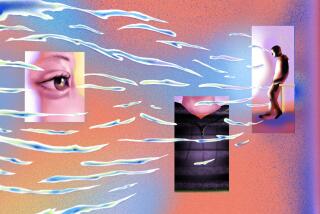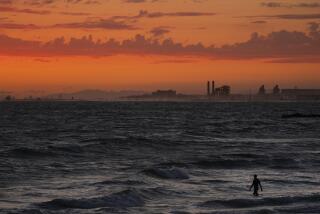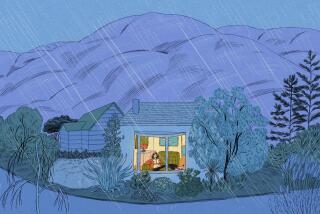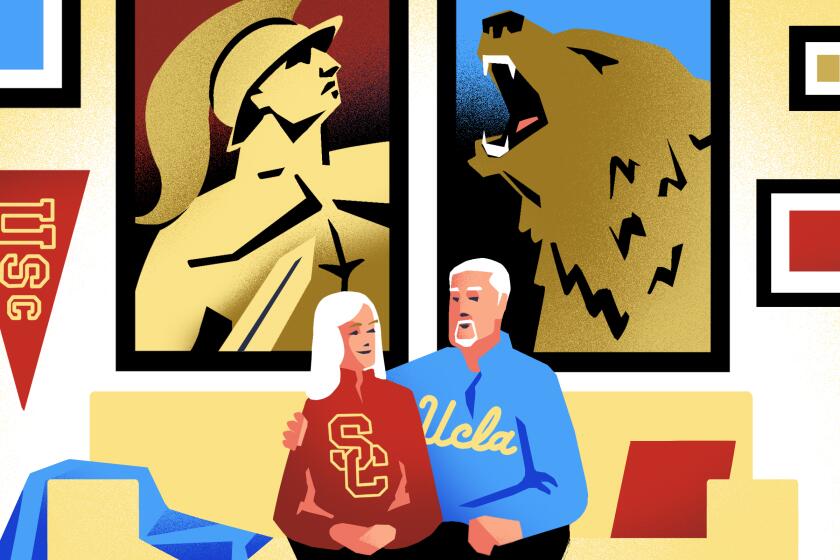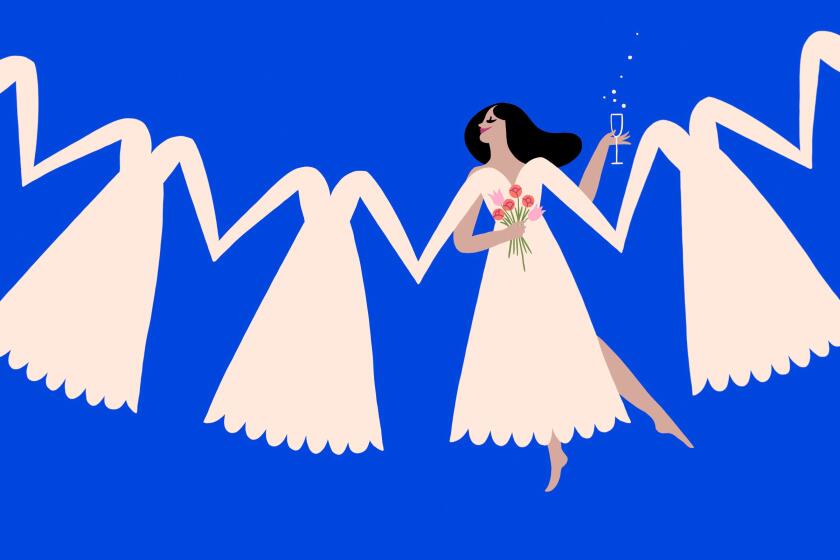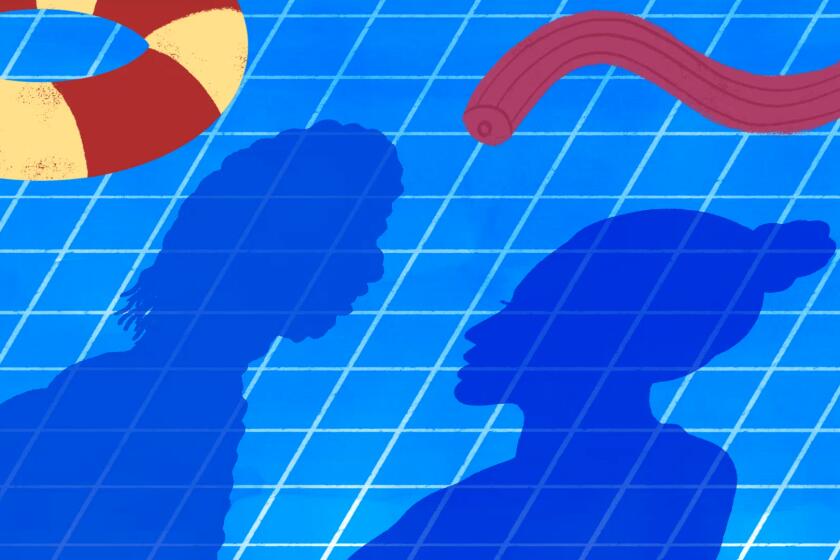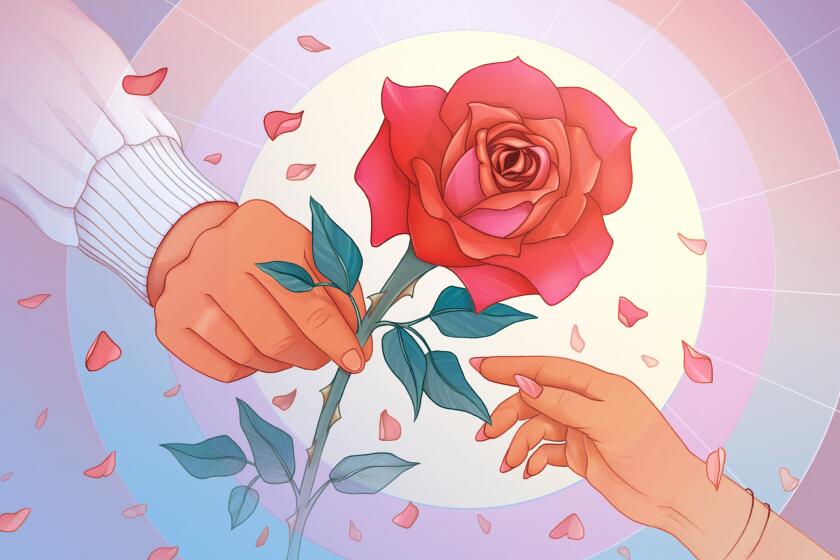Is it your life story if no one’s there to hear it?
If you drink schnapps at 56 degrees below zero, be careful. Unless you warm it in your mouth before swallowing, you will burn your throat.
The advice came from my father as we stood, clad in thick winter gear, at a remote Alaska lake on a November night three decades ago.
We passed the bottle, took a few pulls, then the five of us — father, his friend, brother, my friend — climbed aboard snowmobiles and freight sleds and raced across lakes toward a cabin 16 miles away.
Above, the northern lights waved like marsh grass. Two herds of caribou loped across our path, a sight alone worth a trip back home to Alaska from New York.
Arriving at the one-room cabin after midnight, we built a fire in an oil drum stove. The temperature rose quickly to 88 degrees. We stripped to long johns and cracked a bottle of brandy and a deck of cards.
The next day we drilled dozens of holes in the ice and set lines to catch lingcod, the stated reason for a trip truly made so five men could sit in longies playing Pinochle during 18 hours of darkness each day.
That night, as my father cooked steaks, he overheard me talking about my love life in New York.
To be in your early 20s in Manhattan, you could have an endless rotation. To keep track, I made notes on 3-by-5 cards, a practice I began after I asked a woman I was dating, “How’s your mother?” and she responded, “Still dead.”
After dinner, my father spoke up. You can’t even remember who they are? What’s the point?
Uproarious fun, I said.
He didn’t understand. He had gone from Great Depression farm boy straight into World War II, a corpsman for the Marines. After the war, he wanted to settle down. Dating was a way to get there. It wasn’t recreation.
Those hormones driving you will fade, he said. Then what? No children, no wife. What will you have accomplished?
I didn’t understand. Since when is accumulating family the only way to measure a life?
The next night, my father returned to the subject. He didn’t say it explicitly, but he saw my behavior as an indulgence practiced by men untempered by the hard times that teach them to value home and hearth.
He did say he worried about me, fearful I would “wake up” too late in life.
I confessed that my hormones often kicked aside rational thought, and we left it at that. Over the years, until his death in 2006, he never again raised the subject.
Eventually, my life did change. I moved to Los Angeles and married. The birth of my daughter in 2009 brought strangely powerful feelings: to provide and to love — in a new and unbreakable way. And to worry. Always to worry. (My daughter is not going to be some 3-by-5 card.)
Lately, I’ve also had another thought, one rooted, oddly, in a recent book titled “Significant Objects.” In it, writers demonstrate through EBay auctions that buyers will pay more for baubles if the listing includes a rich back story. Even a trinket is considered more valuable if it has a history.
I wonder: Is that also true of a life?
Recently I opened an old box in the garage and found photos of women from the New York years and after. I couldn’t remember their names. Buried among the photos was a Bacarat heart the size of my palm. Who? I tried and tried but couldn’t recall.
My brother and sisters seem to remember every moment of their adult lives, all the days and months and years spent with their children. Their homes are dotted with photos. Family gatherings are full of filigreed stories about charging bears and epic tantrums and bicycles swerving off piers into lakes.
I too recall much from the early years with family, and now I work desperately to appreciate every moment with my daughter.
But I remember little of those middle decades. They were kinetic, crackling with adrenaline. Yet they blur into only a semi-sweet haze.
I have no history.
On our last day at the lake, the temperature warmed to near zero. I grabbed cross-country skis and took off across Lake Sustina, the only human on a vast lake. Under a brilliant afternoon sun, my skis seemed to fly.
At the far shore, as Mt. Wrangell slid toward violet in the falling light, I turned around. A cold wind rippled through my sweaters. I realized I had been skiing with the wind and would fight it all the way back.
Within moments, my right ski broke through ice apparently warmed by a spring in the shallows. I lurched left, sprawling to avoid drowning.
My ski froze up, useless.
I pulled off both skis and started to walk, slipping with every step of my iced-up boots. I began shivering. The sun would set in less than an hour. I was maybe two hours from the cabin.
I was in deep trouble.
Minutes later, I heard a snowmobile. It drew close. My brother had come tracking me, sent by a worried father.
All of this I recall vividly.
I can’t wait until my daughter is old enough to hear about it.
Heikes is an editor at The Times.
L.A. Affairs chronicles romance and relationships. Past columns and submission guidelines are at latimes.com/laaffairs. If you have comments to share or a story to tell, write us at home@latimes.com.
More to Read
Sign up for our L.A. Times Plants newsletter
At the start of each month, get a roundup of upcoming plant-related activities and events in Southern California, along with links to tips and articles you may have missed.
You may occasionally receive promotional content from the Los Angeles Times.
